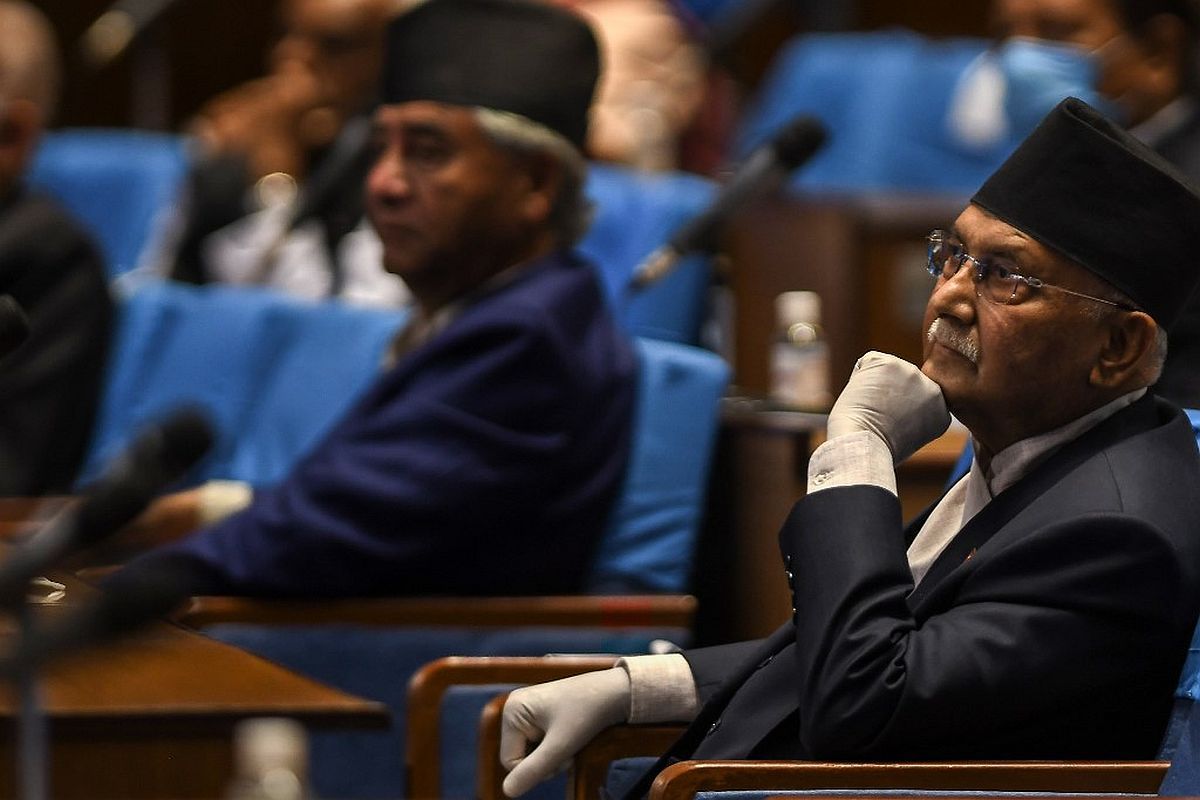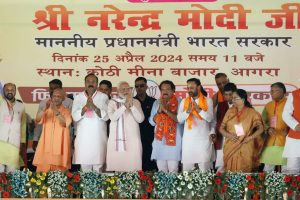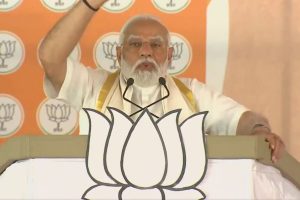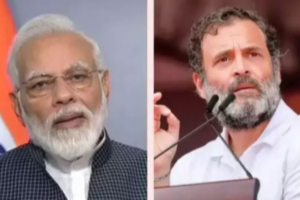The Prime Minister of Nepal, KP Sharma Oli, has his back to the wall with Tuesday’s decision of the country’s Supreme Court to annul two Cabinet expansions carried out by him. In effect, as many as 20 ministers, including two Deputy Prime Ministers, have been dismissed.
The verdict has jolted the government in the Himalayan country ~ where crisis has piled on crisis for the past six months ~ to its foundations Mr Oli had erred on basics ever since he dissolved the House of Representatives last December.
In an interim order, Chief Justice Cholendra Shumsher Rana and Justice Prakash Kumar Dhungana directed the government to relieve the ministers of their duties until a final verdict is pronounced.
The ruling observed that Nepal’s Constitution does not allow a caretaker Prime Minister to expand the cabinet. With several ministers having been shown the door, it is verily a lame-duck government in Kathmandu.
Another critical development and not wholly unrelated has been the split in the Communist Party of Nepal (CPN), technically the ruling party. Oli was reduced to a caretaker Prime Minister after the House of Representatives was dissolved on December 22 on his recommendation by President Bidya Devi Bhandari. The court ruling is emphatic on the point that “except Ministers Bishnu Prasad Poudel, Krishna Gopal Shrestha, Basant Kumar Nembang and Lila Nath Shrestha, who were in the Cabinet prior to the dissolution, other ministers are relieved from their responsibilities.”
In the net, the judiciary has dismantled the political accommodations reached by Mr Oli to feed his overarching lust for power. Technically, therefore, the Prime Minister will preside over a rump Cabinet and to the considerable detriment of governance.
On June 4, he had reshuffled his cabinet by inducting 10 ministers including a deputy prime minister from a faction of the Janata Samajbadi Party (JSP). He then expanded the cabinet on June 10 by introducing eight ministers from his own Communist Party of Nepal (Unified Marxist Leninist) and the JSP faction.
The Supreme Court’s order has reduced the cabinet to five members including himself, and the Ministers for Finance, Education, Physical Infrastructure and Transport and Law, Justice and Parliamentary Affairs.
The two deputy prime ministers, given charge of urban development and foreign affairs respectively, have been ordered to be removed. In the cabinet reshuffle, Oli promoted Poudel to be a deputy prime minister in charge of Finance.
The Supreme Court has invalidated Poudel’s elevation.
The court will issue a final verdict on the matter after final hearings, the dates of which are yet to be decided. The move to dismiss the House of Representatives for fresh elections in November is being challenged at the Supreme Court by an alliance of opposition parties. Mr Oli’s wings have been clipped, and Nepal must hope that he will now focus on governance rather than political shenanigans.
On recent evidence, though, this may be unlikely.











